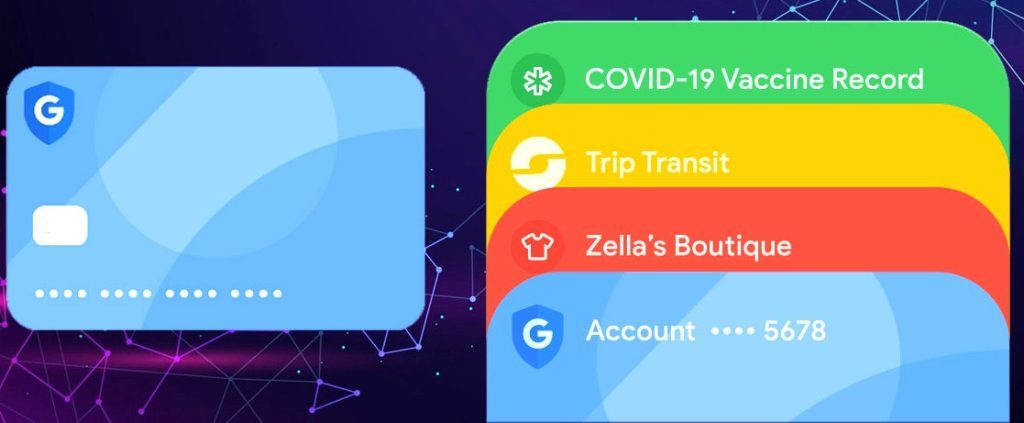Google Wallet’s launch marks a push for greater financial inclusion, but how does it stack up against JazzCash, EasyPaisa, and NayaPay in Pakistan’s digital economy?

By S.M. Inam
KARACHI: Pakistan’s digital payment landscape has entered a new era with the official launch of Google Wallet, a move expected to transform the way Pakistanis handle transactions. The globally recognized digital payment platform is now available for download and setup in Pakistan, offering a seamless and secure method for freelancers, IT specialists, and businesses dealing both locally and internationally.
For many, this launch signals a shift toward greater financial inclusion, particularly for those who rely on fast, secure, and efficient transactions. But what does Google Wallet bring to the table, and how does it compare to existing digital wallets such as JazzCash, EasyPaisa, and NayaPay? At its core, Google Wallet is designed to simplify financial transactions. Whether it’s paying for groceries, transferring funds to a friend, or making international payments, the platform enables users to store debit and credit cards and manage transactions with ease.
For Pakistan’s growing freelance and IT sectors, this development is particularly significant. With the country ranking among the world’s top destinations for freelance work, the ability to receive international payments more smoothly is a game-changer. Traders, too, stand to benefit from the platform’s global reach and streamlined payment process. What sets Google Wallet apart from local digital payment services is its accessibility beyond Pakistan’s borders. Unlike JazzCash and EasyPaisa, which operate within the domestic financial framework, Google Wallet is widely accepted internationally, making it an ideal option for professionals dealing with overseas clients.
The integration with local banks ensures that users can link their debit or credit cards, allowing them to make payments without the need for a separate mobile wallet. Security is another key advantage, with advanced encryption and tokenization protecting users’ financial data. That said, Google Wallet does not function as a standalone wallet in the way that JazzCash or EasyPaisa do. Instead, it relies on linked bank cards for transactions, which means it does not offer independent account services. Additionally, the platform’s functionality is contingent on internet connectivity, and its compatibility with Pakistani banks remains an area to watch as adoption increases.
One of the major concerns surrounding digital payment platforms in Pakistan is regulatory compliance. Given the State Bank of Pakistan’s stringent policies on financial transactions, the question arises: does Google Wallet meet local regulations? As of now, the platform operates by linking with local bank cards, which are already regulated by the SBP. This means that transactions conducted via Google Wallet fall under the existing financial oversight framework, though users should stay informed about any official directives that may emerge in the future.
For those eager to start using the service, setting up Google Wallet is relatively straightforward. The app can be downloaded from the Google Play Store, after which users sign in with their Google account and link their local debit or credit card. Once verified, they can begin making payments both online and in stores. Behind the scenes, Google Wallet acts as a secure bridge between the user’s phone and their bank card, ensuring smooth transaction processing.
Security remains a priority for Google Wallet, with tokenization technology replacing actual card numbers with unique tokens to prevent fraud. End-to-end encryption further safeguards financial data, and two-factor authentication adds an extra layer of protection. While no system is entirely immune to cyber threats, Google Wallet’s security infrastructure is among the most robust in the industry.
The launch of Google Wallet in Pakistan is a major step toward modernizing the country’s financial ecosystem. For freelancers, IT professionals, and businesses looking for a secure and efficient way to manage transactions, the platform offers an appealing alternative to traditional banking hurdles. While it may not entirely replace local digital wallets, it certainly expands the options available to Pakistani consumers and businesses. As the digital economy evolves, the success of Google Wallet in Pakistan will depend not only on user adoption but also on regulatory developments and banking partnerships. For now, its arrival marks a promising shift toward a more interconnected and accessible financial landscape.



